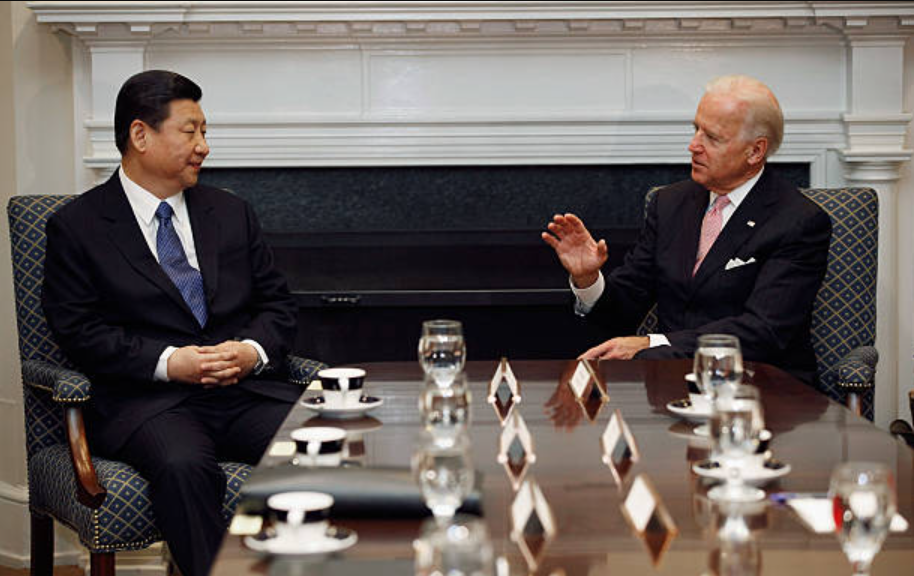The recent resumption of military talks between the United States and China signifies a critical step in managing the escalating rivalry between the two global powers.
Frozen since former House Speaker Nancy Pelosi’s contentious visit to Taiwan in 2022, these discussions hold the key to preventing a confrontation amid growing competition.
Deputy-level talks at the Pentagon saw discussions regarding potential future meetings between military officers from both nations. Notably absent due to health complications from prostate cancer treatment was US Defense Secretary Lloyd Austin.
However, the possibility of a meeting between Austin and China’s newly appointed Defense Minister Dong Jun was on the agenda.
Dong Jun, a former naval commander, stepped into the role after his predecessor, Li Shangfu, faced removal from office. Li’s prior sanctions by the US for procuring Russian weaponry remained in place even after his appointment as defense minister in 2023.
This ongoing friction underscored the strained relations between the U.S. and China, further compounded by the absence of high-level visits between defense secretaries of both countries since 2018.
The recent face-to-face meetings followed a crucial call between high-ranking military officials, marking the first senior-level communication between the US and China since August 2022.
China’s Emphasis on Cooperation

Maj. Gen. Song Yanchao led China’s delegation, emphasizing international military cooperation, while Michael Chase represented the Pentagon, discussing operational safety in the Indo-Pacific and reaffirming the US’s commitment to its ‘One China’ policy guided by the Taiwan Relations Act.
This diplomatic thaw was agreed upon during President Joe Biden and Chinese President Xi Jinping’s summit in San Francisco, signifying a strategic effort to alleviate tensions.
However, a senior US defense official, speaking anonymously, emphasized the significant differences that persist between both military forces, particularly regarding Taiwan’s potential reunification and its implications for US involvement in defense aid.
The 2022 Taiwan visit by Pelosi sparked Chinese ire, viewing such visits as recognition of Taiwan’s sovereignty, a claim contested by China, which considers the island as part of its territory.
The absence of military communications over the past two years has raised concerns, as highlighted in the Pentagon’s recent report on China’s military power, warning of heightened risks of operational incidents or miscalculations leading to a crisis or conflict.
In light of these challenges, the resumption of talks represents a pivotal opportunity for both nations to address their differences, laying the groundwork for enhanced understanding and cooperation in managing their complex relationship.


Comments are closed.